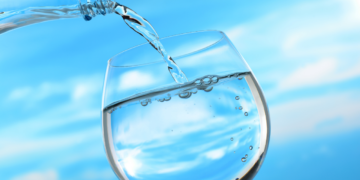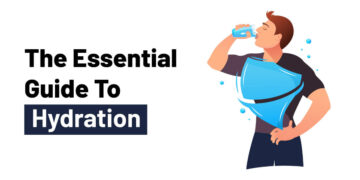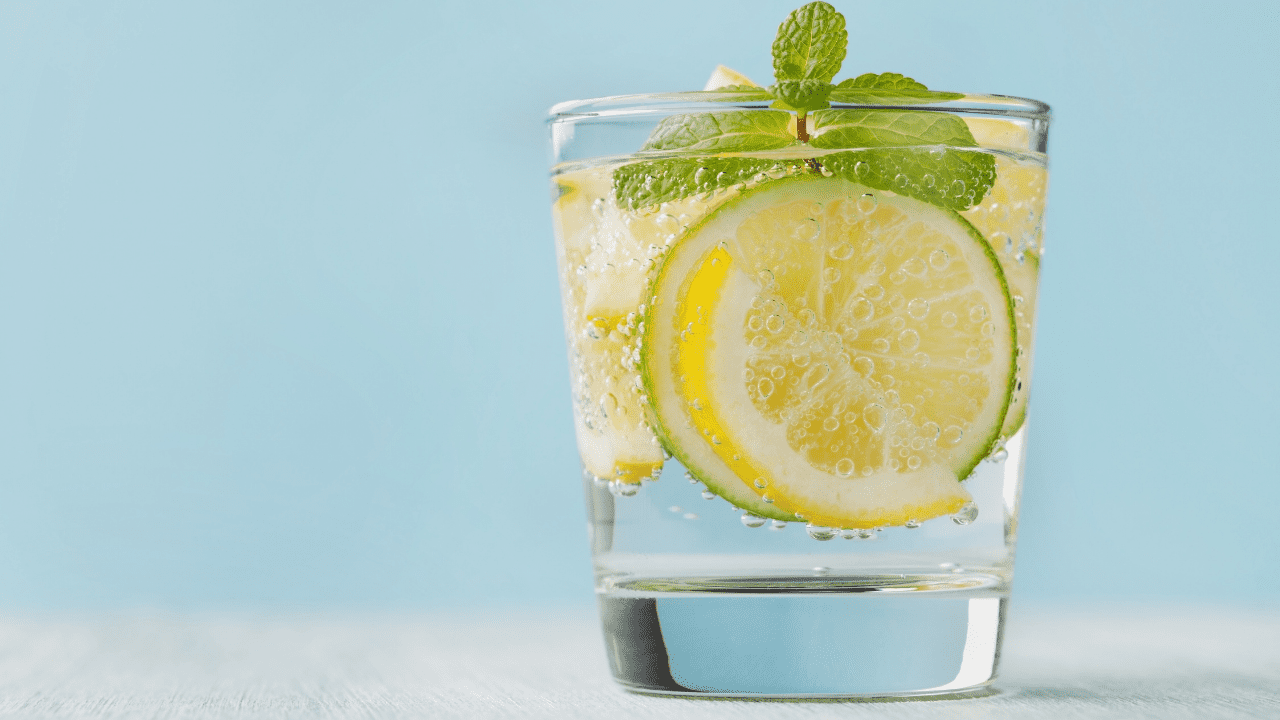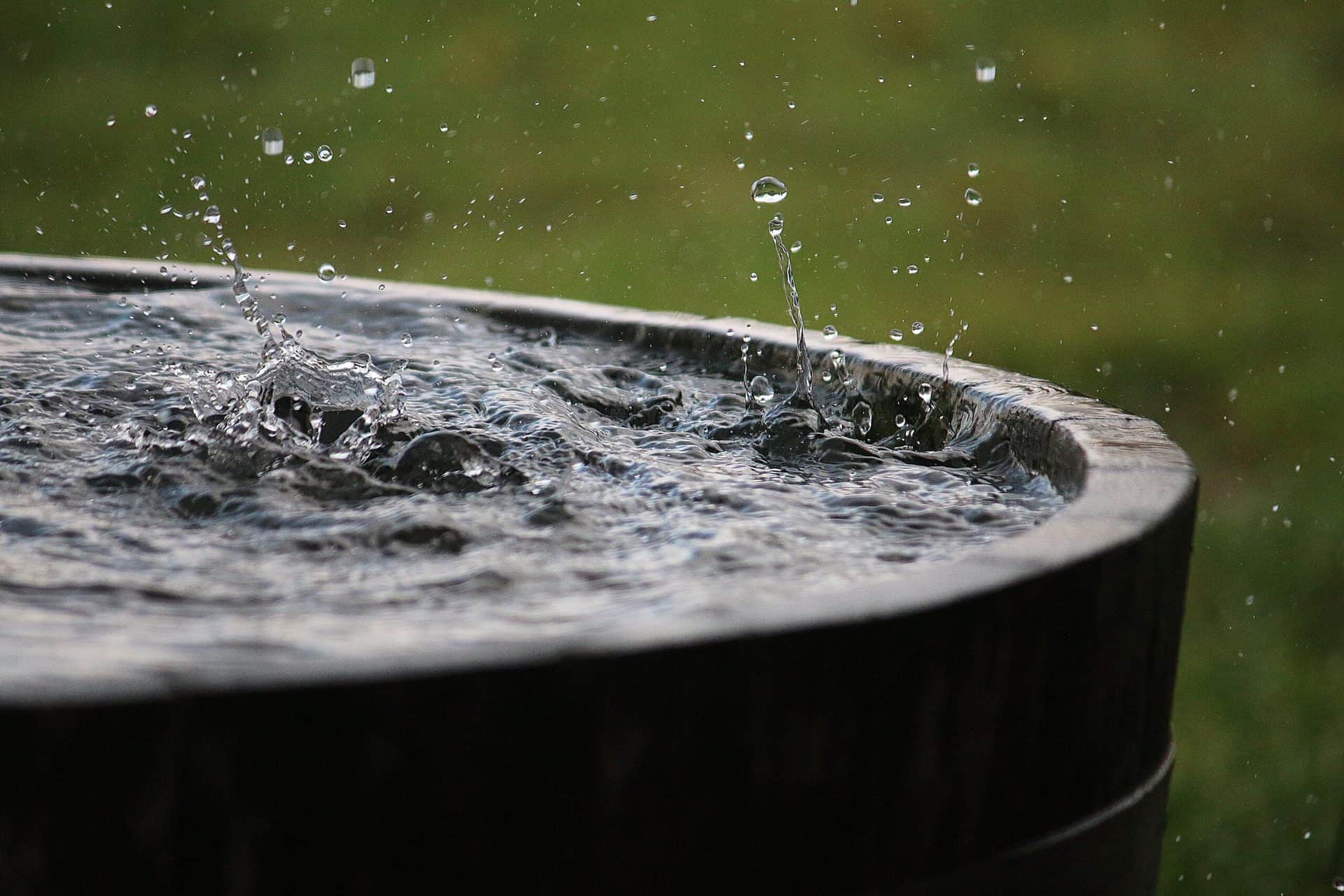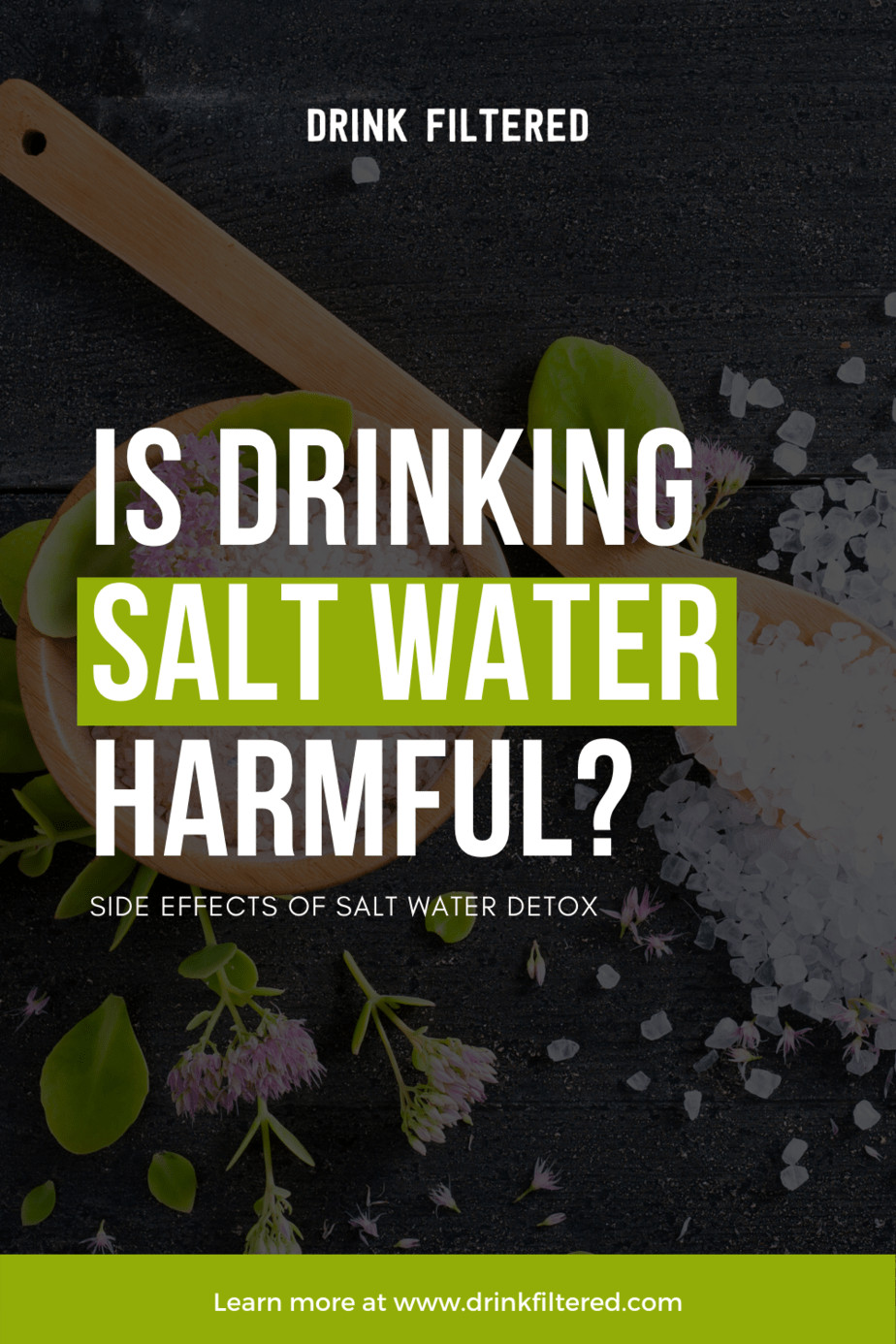Detox culture has infiltrated our news feeds with everything from juice cleanses to cringeworthy cayenne pepper and lemon juice concoctions, now this. The Salt Water Flush is not a new concept and was part of the Master Cleanse dating back to the 1940s. Since then, there have been many variations and supposed health claims, including colon cleansing, increased liver health, increased energy levels, and weight loss.
The idea in all is simple: consume a glass of warm water mixed with a few teaspoons of salt. But, is this a healthy and viable detox plan for your body?
A salt water flush is not a healthy or necessary way to support detoxing. While it may lead to rapid weight loss, this is temporary. Additionally, it is well established that excessive sodium intake contributes to life-threatening high blood pressure, dehydration, and can lead to other heart issues.
So Detoxing, Do You Even Need It?
Yes! Your body makes waste products during all of the normal metabolism functions, and you are consuming toxins from the outside world through eating, breathing, and skin absorption. Lucky for you, most healthy individuals’ body is constantly processing and flushing out these waste products involuntarily.
If you do not have a major chronic health condition, attempting to detoxify through severe restriction or ingesting items is a baffling concept to medical professionals. Whether you want to or not, if you are a healthy human, your body is constantly going through the process of detoxifying. Whether you want to or not, if you are an otherwise healthy human, your body is always going through the process of detoxifying. There are however simple steps you can take to support this natural process. According to the Academy of Nutrition and Dietetics:
- Stay hydrated by consuming 8 glasses of water each day
- Consume the recommended amount of fruit and vegetables each day
- Include cruciferous vegetables each day
- Consume adequate fiber to support bowel regularity
- Consume adequate amounts of lean protein
- Consider taking a multivitamin
How Do You Flush Out Your Bowels?
Consuming a tall glass of warm water mixed with salt will produce a bowel movement. We’ll save you the Google or YouTube search, many personal accounts describe this same event in great detail. This action results from the excess sodium entering your bowel that draws water in, creating a laxative effect, but this is not without side effects.
The colon is a crucial component of your digestive tract. Regular bowel movements mean a healthy digestive system. Don’t sweat too much though, eating a healthful diet and regular fitness can help keep your colon operating smoothly. Many research institutions agree on ways to keep your colon happy. Here are a few from Rush University Medical Center in Chicago:
- Limit red meat to no more than two four-ounce serving each week
- Limit sugar intake
- Increase fiber, make sure to consume 25-35 grams each day
- Be mindful in reaching your daily recommended amount of calcium which is 1,000 -1,300 milligrams each day
- Make sure at least half of your grain intake is from whole grains
Oh and last but not least, Staying active will help to keep things moving. Adults should aim to do 150 minutes of moderate activity and 75 minutes of vigorous activity throughout the week.
If constipation has you down more than once or twice a month and you are desperate for a colon cleanse, before reaching for a tall glass of salt water, get to the root of the problem. Are you staying hydrated, consuming enough fiber, and staying active? If yes, this is the time to loop in your medical team to investigate a possible larger issue.
Will A Salt Water Flush Lead To Weight Loss?

Maybe, but this is essentially a laxative diet, meaning, you will lose water weight, by increasing your bowel movement frequency. You may experience other symptoms like bloating and nausea that may lead you to eat less overall. This is not a healthy way to lose significant weight.
While you can be healthy at any weight, you may have specific weight loss goals. Rapid loss is concerning as it usually involves a combination of severe calorie restriction and intense physical activity. These efforts can be detrimental to your overall wellness, and they are not easily maintained as permanent lifestyle habits.
For some, experiencing rapid weight loss may induce an initial feeling of accomplishment. Though, in reality, it’s likely that you have only lost water and muscle mass. Medical experts recommend no more than 1-2 pounds of weight loss per week for most adults. At this pace, you are more likely to maintain your weight goals long-term. The “yo-yo” dieting and weight gain/loss cycle have been shown as ineffective. They have lasting negative implications for your metabolism, making health goals even more challenging.
Is Drinking Salt Water Harmful?
Drinking Salt water frequently is not good or useful and can provide many negative effects. In addition to diarrhea, most people may experience nausea, vomiting, sodium overload, electrolyte imbalance, and stomach bloating as a result of consuming this with regularity. Should these conditions continue, dehydration may occur and if left untreated, dehydration can cause health complications including seizures, brain damage, and even death. It is also well established that excessive sodium intake contributes to life-threatening high blood pressure and can lead to heart problems.
Is Salt Water Good For Your Skin?
Salt water baths not salt water flush have been shown to be an effective treatment of specific skin conditions in some people. However, we were hard-pressed to find consistent, reputable information regarding the general benefits of taking a plunge into salt water.
What About A Pink Himalayan Salt Water Cleanse?
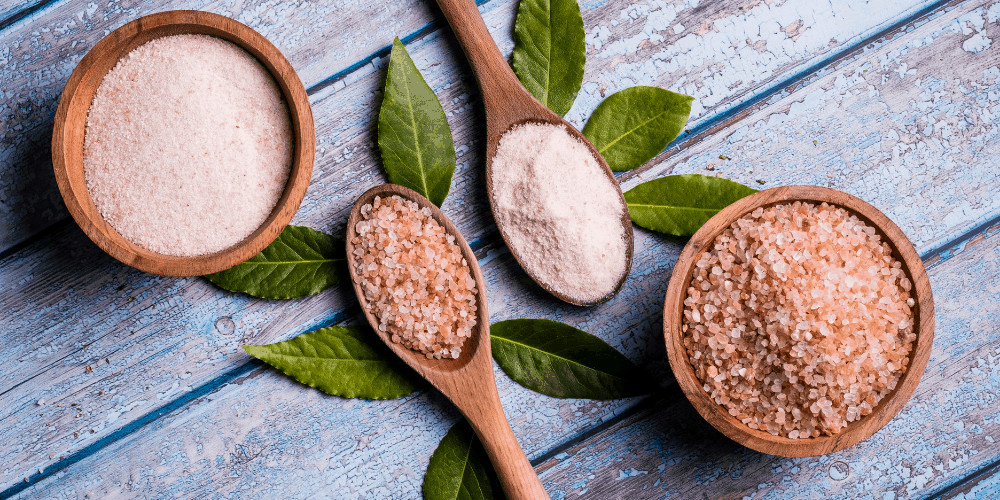
While aesthetically pleasing, this pink salt is still just salt. Grey, sea salt, iodized, and Himalayan salt all have one glaring commonality. Sodium.
The range of colors available in sea salt is attributed to varying combinations of trace minerals. Those people with a refined palate can taste the altered flavor slightly. Some may be marketed to induce romantic visions of ancient seaside mountains. At the end of the day, our body digests them as what they are, nothing more than salt.
Thus, the information covered in this article applies to all salts, including Himalayan salt as your ingredient in a Salt Water Flush.
So What The Final Verdict?
As an occasional method to relieve constipation, consuming salt water is similar to drinking a stool softener or laxative. If your doctor has instructed you to take over-the-counter medications such as laxatives or stool softeners, ask if you can instead drink salt water instead. Some medical conditions, such as surgery that will render you less mobile, hemorrhoids, and pregnancy in women, require short-term laxative use.
Note that your doctor should determine the specific Salt Water Flush recipe as the doses of laxatives and stool softeners are well established. There is no particular standard for consuming saltwater. For this reason, most doctors may steer you in the direction of laxatives or stool softeners.
However, as a weight-loss tool, this seems to have all of the telltale signs of a “fad diet.” It promises that you will rapidly lose weight by consuming specific items, has no activity component, and involves a rigid plan. There are no shortcuts to a truly sustainable and natural weight loss regimen. Your individual wellness goals can be achieved and sustained through gradual lifestyle changes. You should be able to incorporate regular consumption of healthy foods and reasonable activity levels without the potential adverse side effects of saltwater cleanse.


